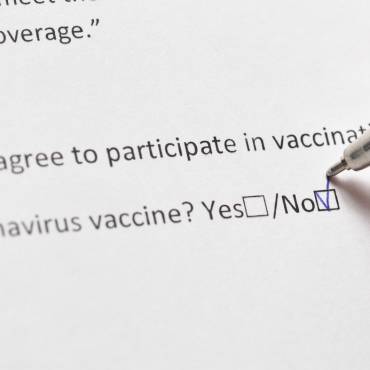The whooping cough vaccine given to babies and toddlers loses much of its effectiveness after just three years — a lot faster than doctors believed — and that could help explain a recent series of U.S. outbreaks among children who were fully vaccinated, a study suggests.
The study is small and preliminary, and its authors said the results need to be confirmed through more research. Nevertheless, the findings are likely to stir debate over whether children should get a booster shot earlier than now recommended.
“I was disturbed to find maybe we had a little more confidence in the vaccine than it might deserve,” said the lead researcher, David Witt, chief of infectious disease at the Kaiser Permanente Medical Center in San Rafael, Calif. Dr. Witt presented his findings Monday at a conference in Chicago.
The study was done in California, where whooping cough vaccinations are a hot-button issue. The state had a huge spike in whooping cough cases last year, during which more than 9,100 people fell ill and 10 babies died. California schools have turned away thousands of middle and high school students this fall who haven’t gotten their booster shot.
Government health officials recommend that children get vaccinated against whooping cough in five doses, with the first shot at age 2 months and the final one between 4 and 6 years. Then youngsters are supposed to get a booster shot around 11 or 12. That means a gap of five to eight years.
Dr. Witt’s study looked at roughly 15,000 children in Marin County, Calif., including 132 who got whooping cough last year. He found that youngsters who had gone three years or more since the last of their five original shots were as much as 20 times more likely to become infected than children who had been more recently vaccinated.
Read more: http://www.post-gazette.com/pg/11263/1176014-114-0.stm#ixzz1dKvC1AXN


